Assistant Principal's Report
Georgia Despotellis
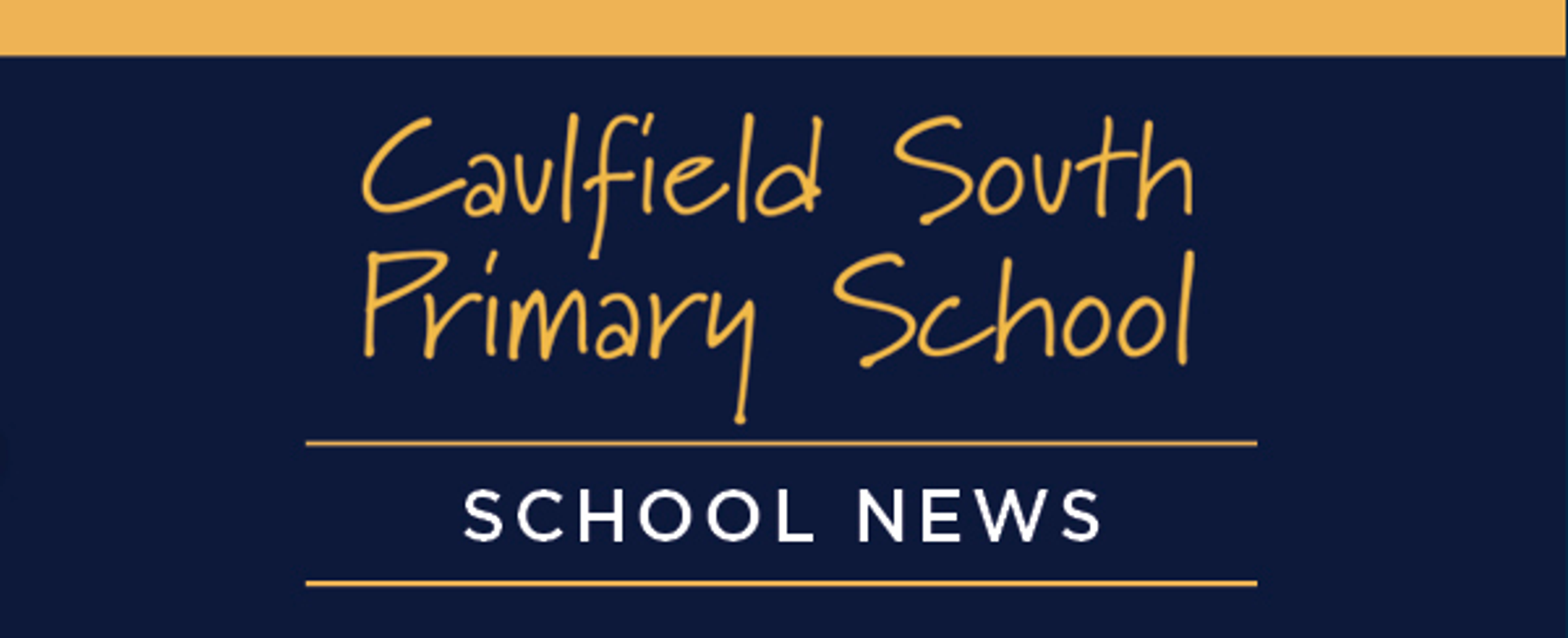
Assistant Principal's Report
Georgia Despotellis


Term 4 has begun with great energy and excitement. The Italian Cultural Day on Wednesday was a wonderful highlight, giving students the chance to celebrate and explore Italian culture together. We now look forward to a full and engaging term ahead, with excursions, incursions, graduations, and camps still to come.
Fostering Emotional Literacy in Young Children: Labelling Emotions
Emotional literacy is our ability to understand and express different emotions. This ensures that we are able to recognise our own feelings and our ability to manage them. When we have a strong foundation in emotional literacy we are able to cope with different life situations such as managing conflict, making friends, coping in difficult situations and being resilient when dealing with change. This needs to be explicitly taught.
A critical importance in a child’s emotional development is the building of vocabulary to describe feelings. The larger a child’s emotional vocabulary, the better they can communicate with others about their feelings.
Adults can play a major role in a child’s ability to identify, understand and express emotions in a healthy way. The following strategies are key in fostering emotional literacy in young children:
Express your own feelings – adults can model by talking out loud about their feelings as they experience them throughout the day.
Label Children’s Feelings – build a child’s vocabulary by labelling children’s feelings. Attending to a child’s emotional moment and labelling their feelings for them.
Play Games, Sing Songs and Read Stories with New Feeling Words – adapting songs such as ‘If you’re happy and you know it’ with ‘If you are frustrated and you know it, take a breath’ and playing games such as ‘feelings charades’ by acting out a feeling or emotion (use face and body language) and let others guess what that feeling/emotion is.
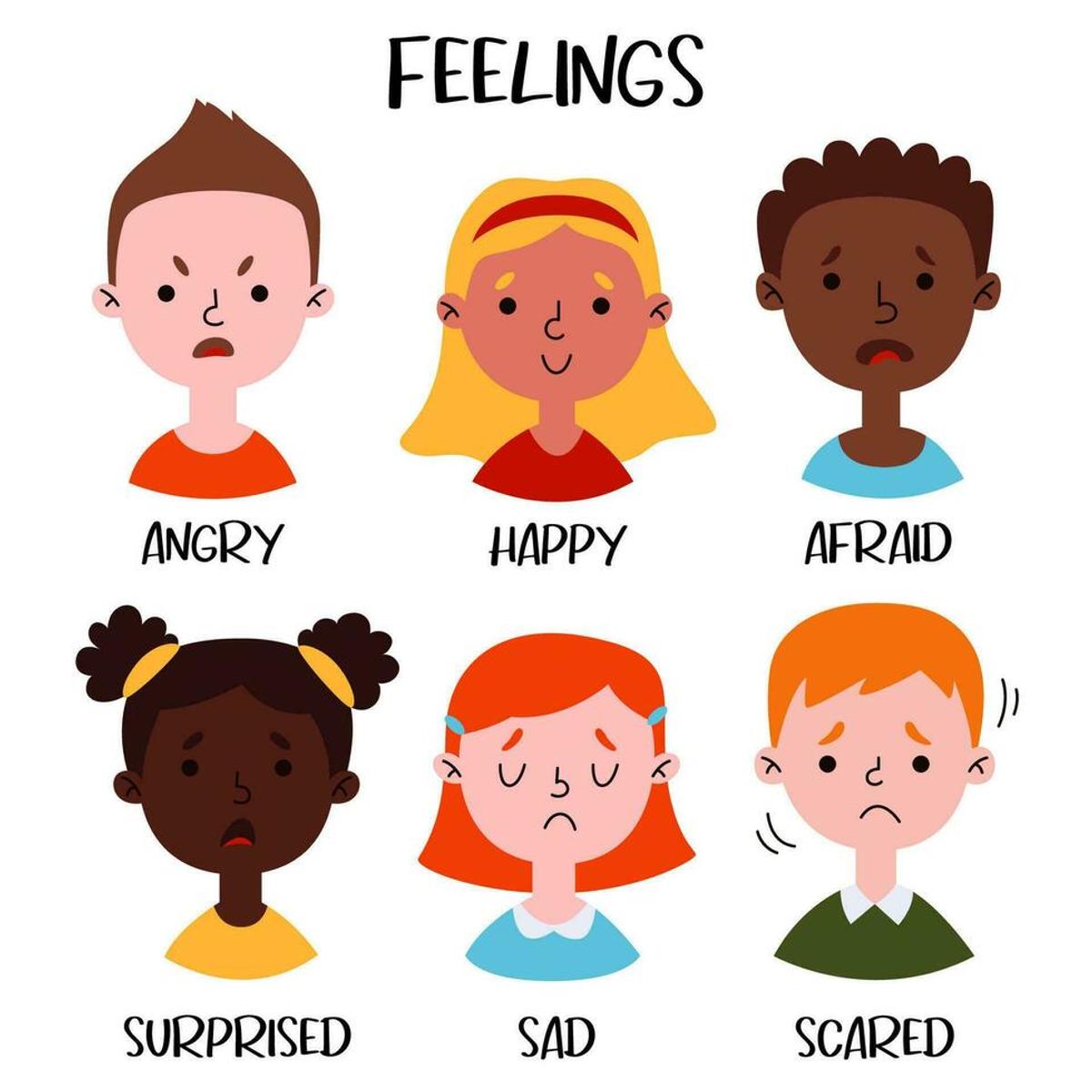

Morning Move for Mind (MM4M) is a fantastic program that we have implemented in Year 5 to increase physical activity and improve mental health in primary school kids. Put simply, kids learn a range of wellbeing strategies they can use in their everyday lives all while being active. MM4M includes weekly lessons across eight weeks and a range of practical resources. The program also supports the Victorian Government’s Respectful Relationships curriculum.
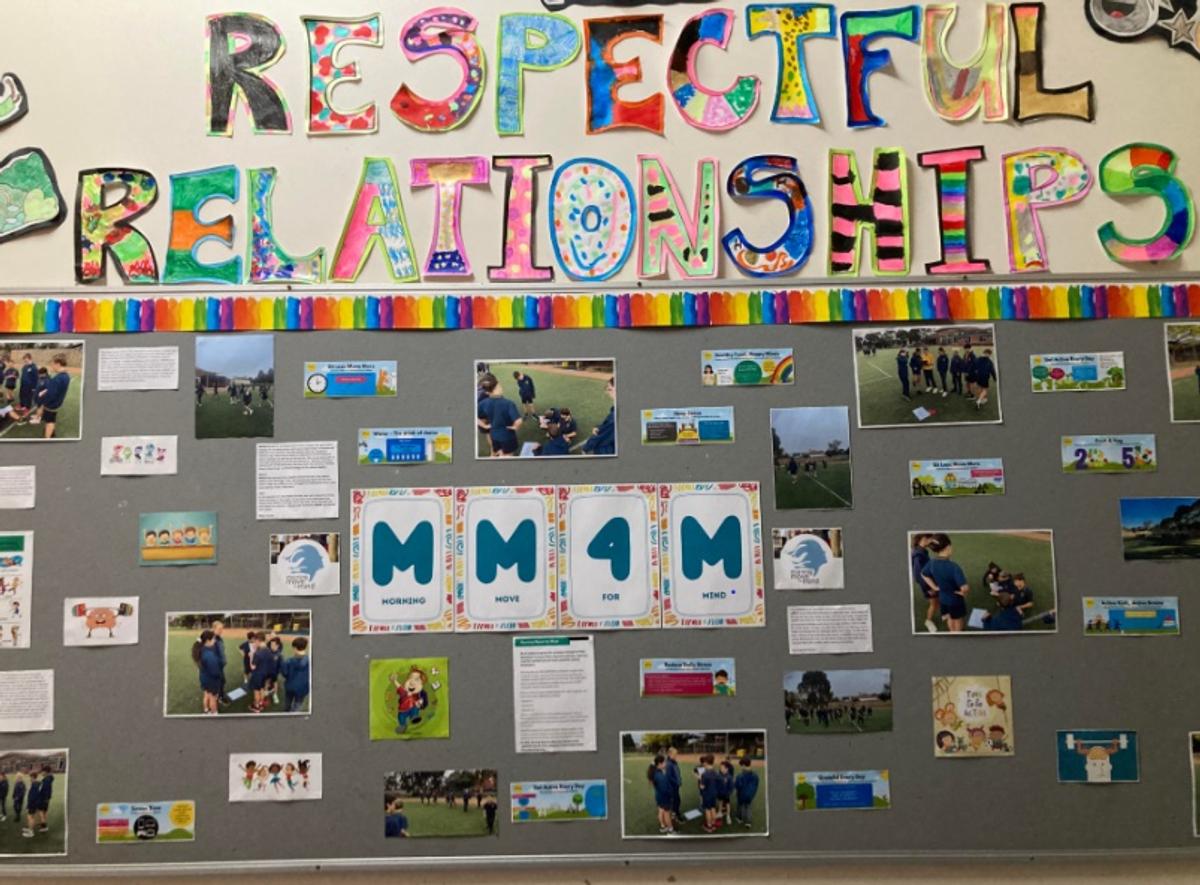

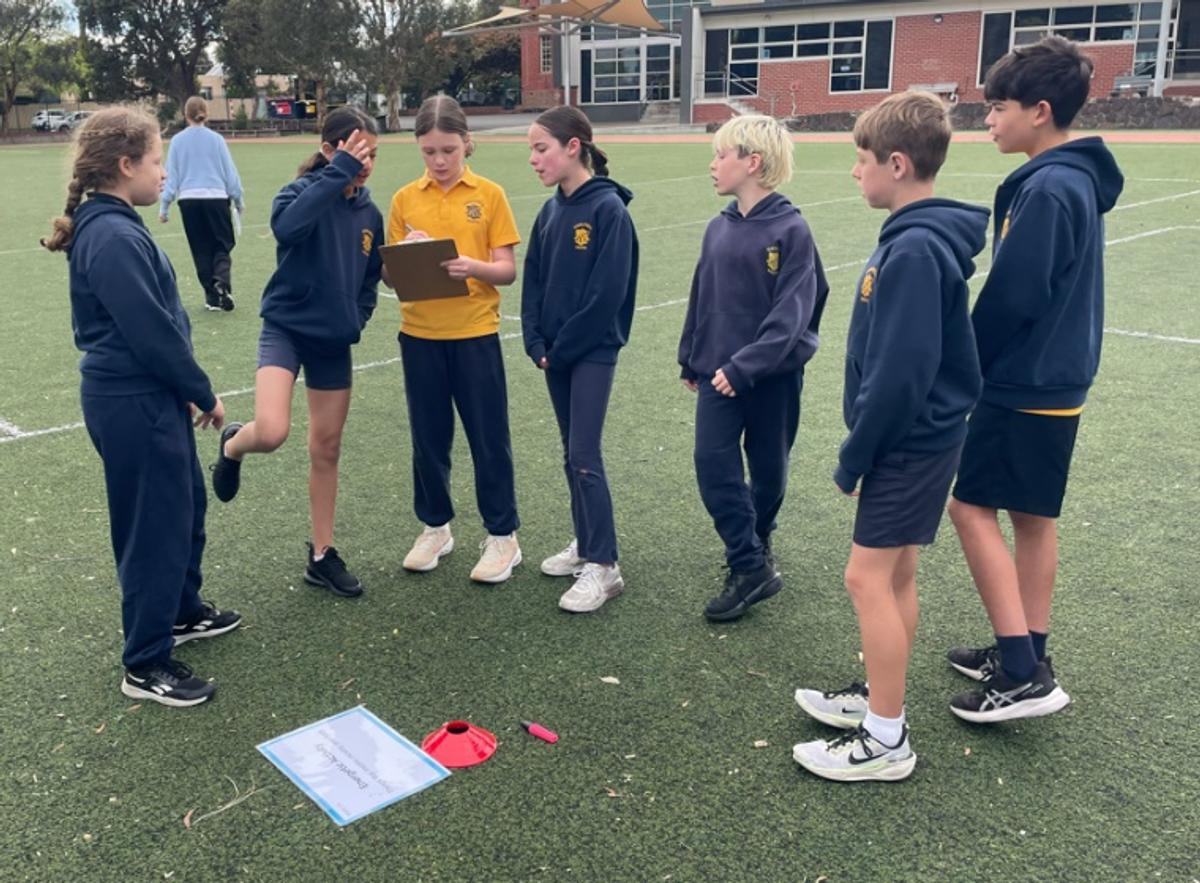
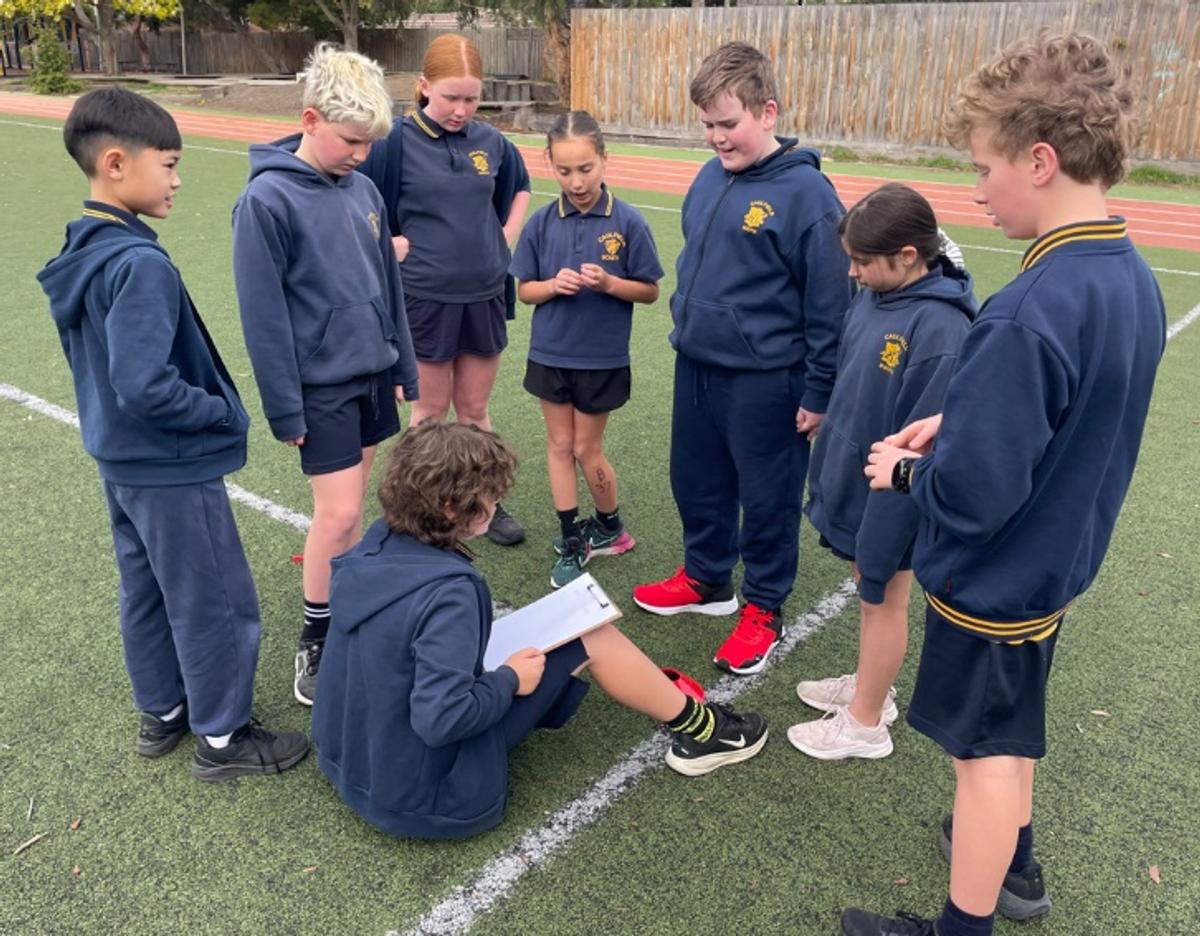


Georgia Despotellis
Assistant Principal